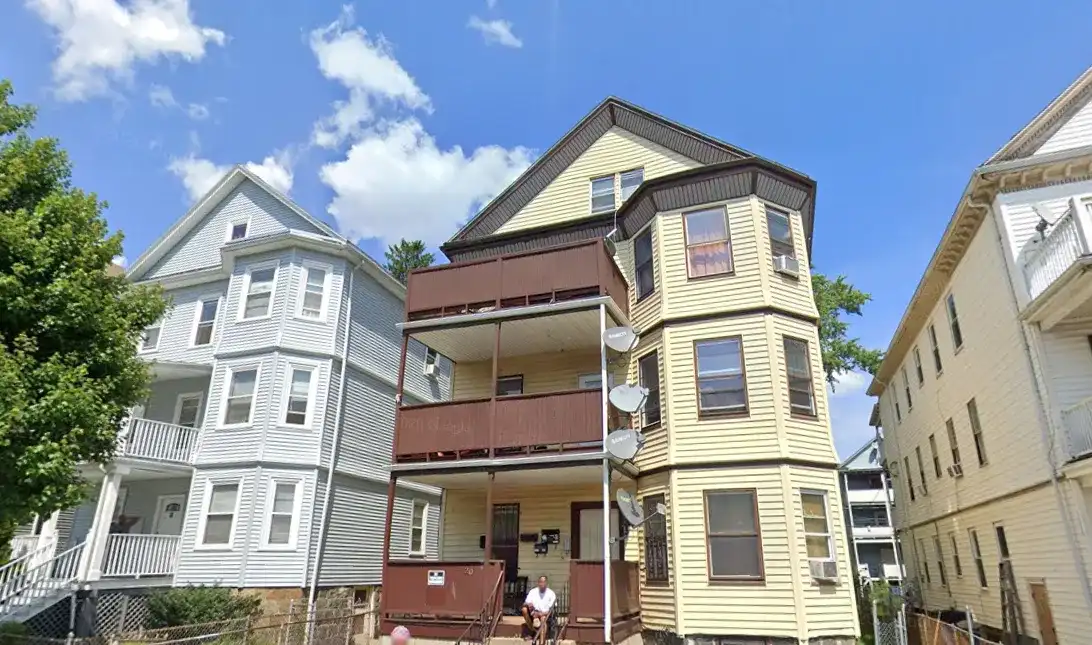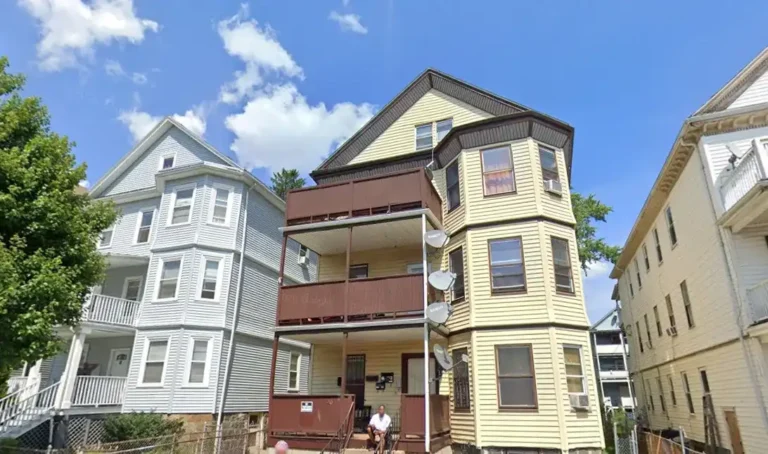
If you have a true alcohol allergy, even small amounts of alcohol can cause symptoms. Alcohol intolerance is a temporary, but pretty uncomfortable, reaction to alcohol — with nasal congestion and flushed skin being the two most common side effects. It happens if your ALDH2 enzymes (remember those?) aren’t particularly effective at their job, or if your body just doesn’t make enough ALDH2 enzyme in the first place.

Your Guide to Alcohol Intolerance
- Additionally, dehydration can compromise the immune system and exacerbate inflammation, making allergic-like reactions more severe.
- If you have an allergy, your immune system over-reacts to contact with a trigger or “allergen.” If you have an alcohol allergy, your immune system treats alcohol as a threat.
- When I drink alcohol there is a magic sweet spot where my nose gets very stuffy feeling and I sound stuffy while talking.
- The blood vessels around your nasal cavity can expand, making it a bit more difficult to breathe normally.
- Then, you’ll try to add the food back in later to see if your symptoms come back.
The condition involves development of upper airway-related symptoms in response to environmental triggers, including drinking alcohol. A severe allergic reaction can be life-threatening and is an emergency. If you have these symptoms after drinking beer, call 911 or go to the nearest ER.
- This is especially evident on the surface of the skin and is why people tend to get more flushed or red when they drink alcohol.
- Beer also contains histamines which could cause a reaction in some people, including sneezing and stuffy nose after drinking.
- These compounds are often added to beer and wine to limit the growth of yeast and act as a preservative.
- Alcohol allergies are different from alcohol intolerances due to the processes that happen in the body and the severity of the reaction.
Why Do I Experience Nasal Congestion After Drinking Alcohol?
Of over 200 viruses that can potentially cause a cold, rhinoviruses are the most common. According to an older 2015 review, this may be because moderate alcohol consumption has been shown to enhance immune function. More recent and large-scale studies are necessary to verify this.
How to treat an alcohol-induced sore throat

Having sluggish ALDH2 enzymes, or lower levels of it altogether, is ultimately the product of having genetic variation in your ALDH2 gene. Specifically, genetic changes that make your corresponding ALDH2 enzyme bad at its job. What’s more is that this genetic variation can be passed down from parent to child, making alcohol intolerance an inherited condition. And since it affects your genes, once you inherit it, you’re stuck with it. Your body holds on to the nutritive parts of what you eat and drink, but, otherwise, what goes in must also come out. Through a multistep process, your body breaks down the ethanol found in your beer, wine, spiked seltzer — whatever it is you’re drinking — into waste products your body can easily eliminate.
- After experiencing an allergic reaction to alcohol, consult a doctor for proper diagnosis and guidance on managing alcohol allergies or intolerances.
- This can result in symptoms resembling allergic reactions, including headaches, nasal congestion, skin flushing, and gastrointestinal discomfort.
- Staying hydrated while drinking alcohol, limiting alcohol consumption, and avoiding smoking are some ways to help prevent getting a sore throat after drinking.
Yes, there are several alternatives to alcohol for congestion relief. It is always best to consult with a healthcare professional to determine the best course of action for your specific situation. Many people turn to alcohol as a remedy for congestion, believing that it helps to thin out mucus and clear blocked nasal passages. While some anecdotal evidence suggests that alcohol can provide temporary relief, it is important to consider the potential risks and limitations of using alcohol for congestion relief. Alcohol has long been used as a remedy for various ailments, including congestion symptoms such as a stuffy nose or sinus pressure. While the effectiveness of alcohol in reducing congestion symptoms may vary from person to person, there are a few mechanisms in alcohol that may contribute to its potential benefits.
Decongestant nasal sprays

People nasal congestion from alcohol of Chinese, Japanese and/or Korean descent often have a variant of one or both enzymes that leads to an impaired ability to metabolize alcohol. The purpose of this article is to review the various pathophysiological mechanisms that contribute to objective nasal congestion or the perception of nasal congestion. This section answers some frequently asked questions about a sore throat after drinking. Consult a doctor if a sore throat persists, worsens, or is accompanied by a fever, difficulty breathing, or other concerning symptoms.
Additionally, alcohol consumption can have negative effects on the respiratory system, particularly when consumed in excessive amounts. Alcohol is a depressant, meaning it suppresses the central nervous system. This can impair the body’s immune response and hinder the healing process. Furthermore, alcohol can lead to dehydration, which can exacerbate symptoms such as dry throat and nasal congestion.

 Cart is empty
Cart is empty